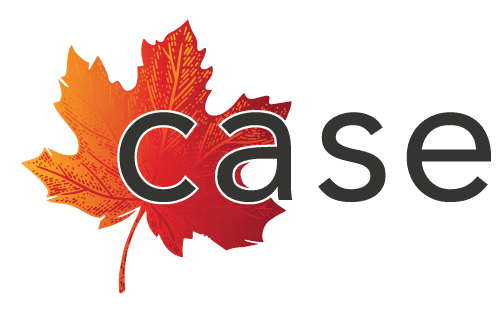Hybrid Workplaces
Hybrid Workplaces
How well do you know your organization?
This question will guide the future of work for many organizations.

The workforce is shifting, and employees are evaluating how they spend their time, who they work for, and how their priorities are changing. It’s no different for employers. Priorities are in flux in the wake of a pandemic that shifted the way services are delivered and how work is done.
Hybrid may not always be the answer. Workplace options will be determined by a strong self-examination by organizations to recognize what is truly important to them and how their businesses will thrive over the long term in relation to different service and/or production models.
Financial Considerations
Motivation to move to hybrid or remote workspaces can be financially beneficial as less physical space is needed to support in-person staff. These financial considerations may be positive for the organization, but the cost of supporting remote team members to succeed could be more costly with adjusted benefits, wellness supports and remote technology.
Workplace options will be determined by a strong self-examination by organizations to recognize what is truly important to them and how their businesses will thrive over the long term in relation to different service and/or production models.
Impact to Consumers
Considering the consumer impact of remote work is also necessary, especially where service users may be accustomed to an in-person service experience. The adjustments that your organization makes will be felt by your clients. Mitigating the possible negative impacts of any changes will require attention and action.
Impact to Organizational Culture
Impacts to the culture of your organization and team members will be the underlying force to organizational change throughout the future of your business. The thought, consideration and decisions made around remote, in-person or hybrid options will be organization defining. The importance of the workforce shift (or lack thereof) will be felt well beyond the transition period.
Values, Process and Policy
The benefits to the organization from a deep dive into values, process and policy can support decisions around your organization’s future workplace and spaces. They can also provide insight into organizational goals and their alignment to future planning.

Employee Involvement
Connecting with your employees to share and to collectively explore expectations, vision and goal setting is an essential part of the process since they will be the most impacted. Their motivation and ability to do their assigned tasks as well as how connected they feel are all integral parts that need to be considered, whether or not the workspaces change.
Knowledge is power. The more knowledge you have about the foundations of your organization, the more equipped you will be to evaluate on-site, remote or hybrid working models. This knowledge can also improve business planning around the sustainability of your organization.
The more knowledge you have about the foundations of your organization, the more equipped you will be to evaluate on-site, remote or hybrid working models.
Taking a step back to ask what is truly best for the organization based on this foundational knowledge will lead to the right answer regarding workspaces. That answer will be personal and acutely applicable to you and your workforce as you move your organization forward.
Written by Chantelle Painter, a consultant and business and relationship development professional with over 20 years’ experience in corporate retail and non-profit collaboration. Chantelle is skilled in Relationship Building, Coaching, Retail, Customer Satisfaction, Driving and Measuring Engagement, and Policy Development.

